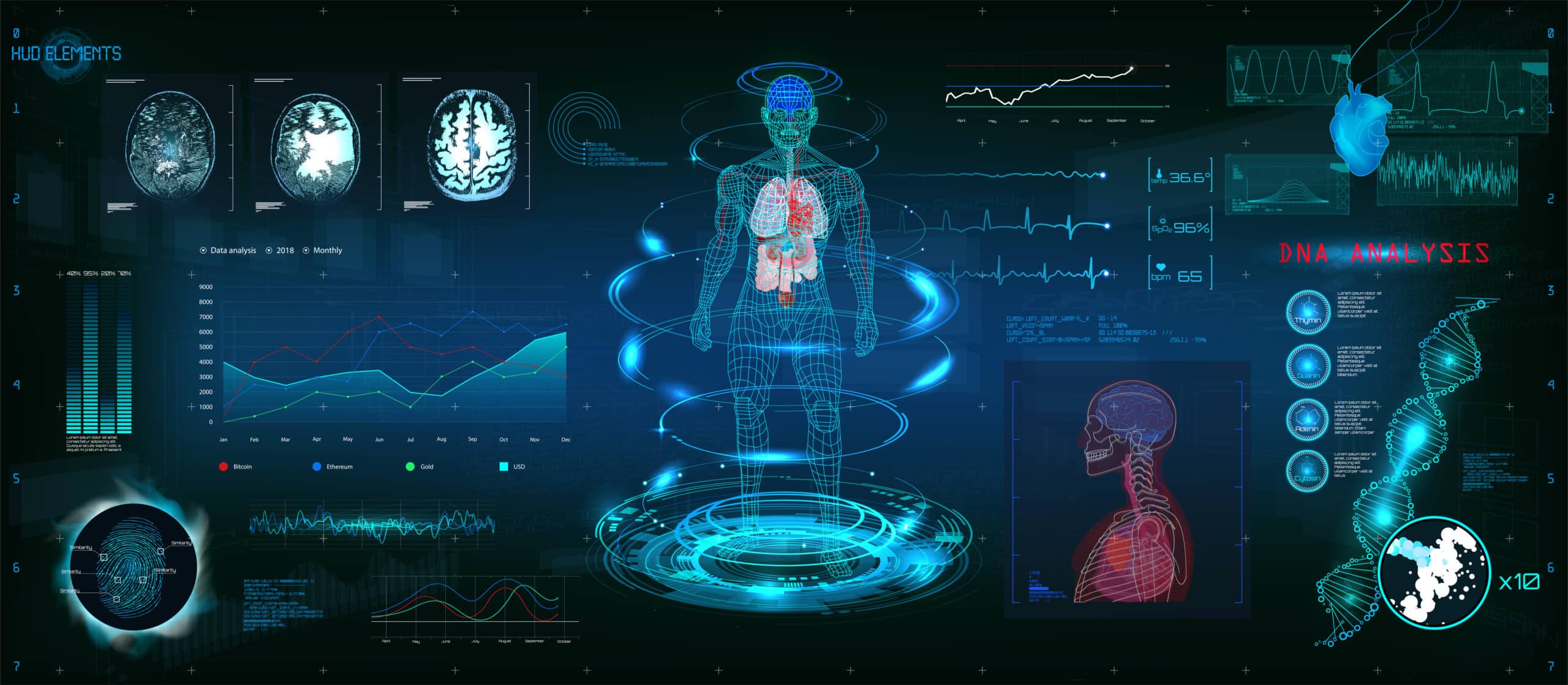This digital twin will then be dedicated to the design of routine personalized care and treatment, and the development and validation of new diagnostic and therapeutic strategies, drugs and medical devices, the optimization or definition of care pathways, the development of new strategies for tomorrow’s clinical trials and thus contribute to the overall improvement of healthcare systems.
All these research prospects are inextricably linked to social, political, ethical or legal determinants and health data protection and privacy, which will be taken into account right from the conception of these new paradigms and throughout their implementation.
The first component of the PEPR Digital Health involves the implementation of 17 priority projects divided into 4 programs aimed at:
- Develop new numerical methods for the analysis of multiscale health data,
- Tackle the challenges of the uses of multiscale personalized health data,
- Increase multiscale observability and prediction of cardiovascular diseases,
- Design innovative approaches for early detection and prediction of brain diseases.
A second component of PEPR is dedicated to launching new actions in the form of a call for expressions of interest and a call for projects, in line with the 17 projects and the development prospects in the field.

